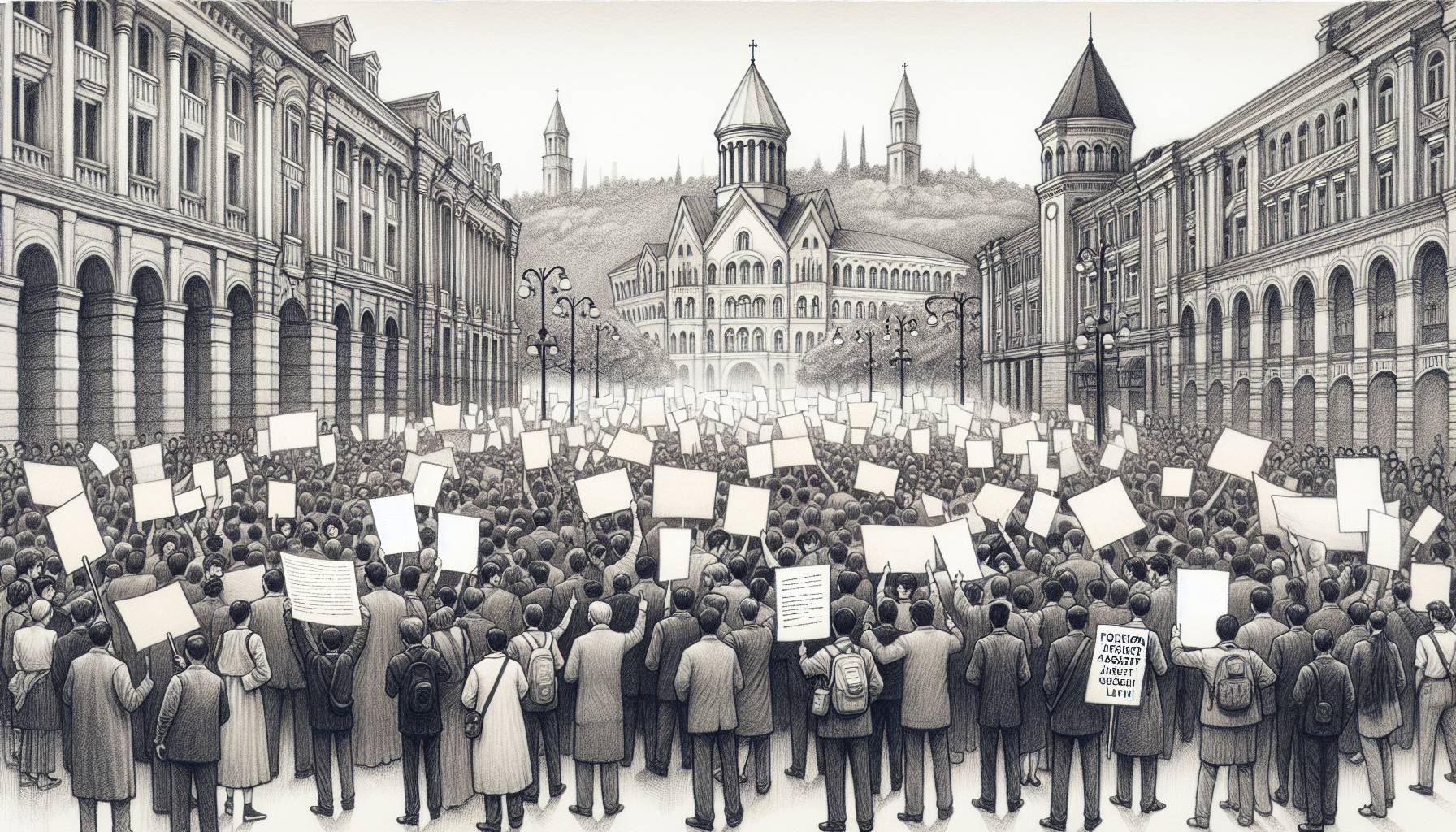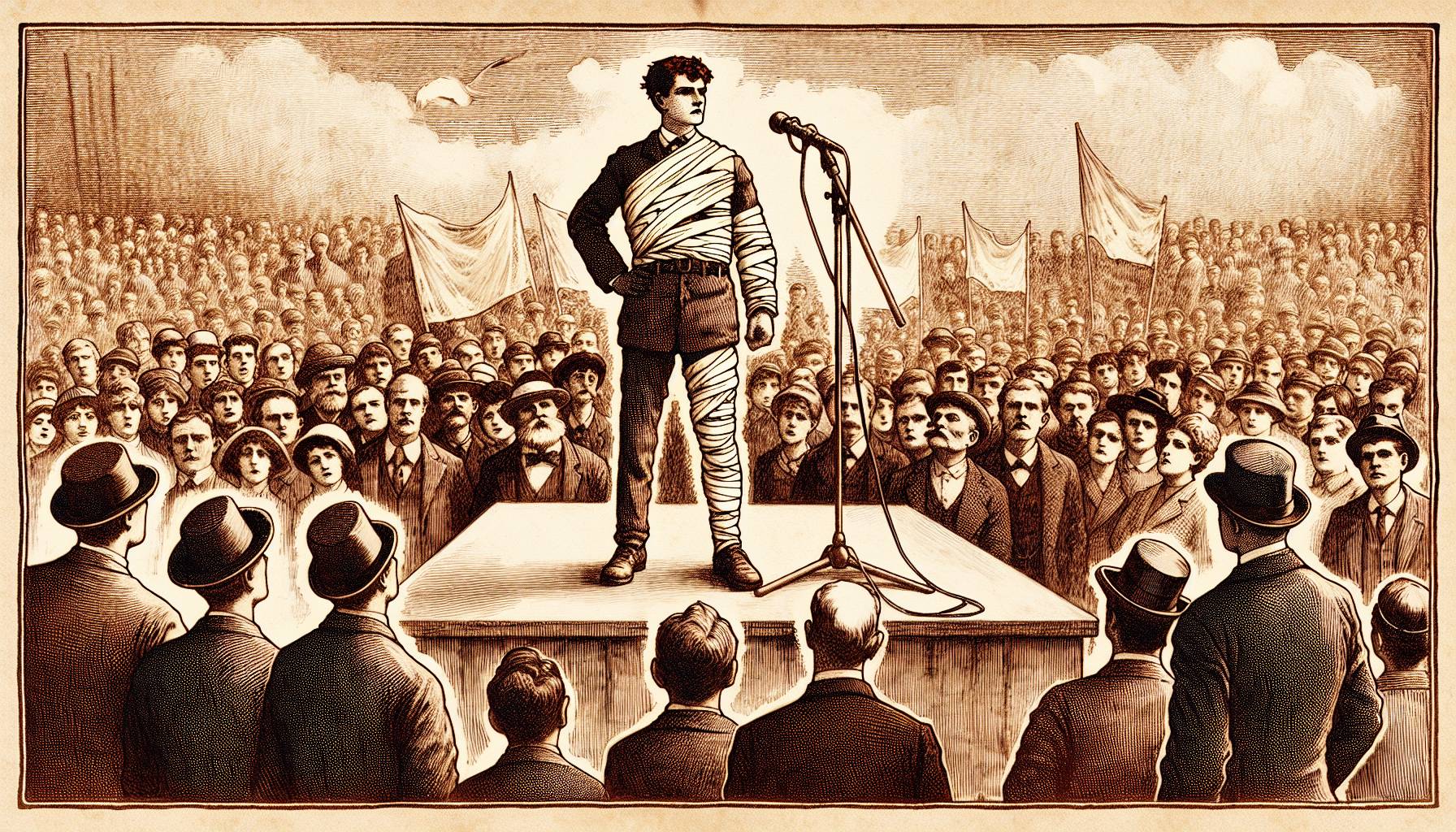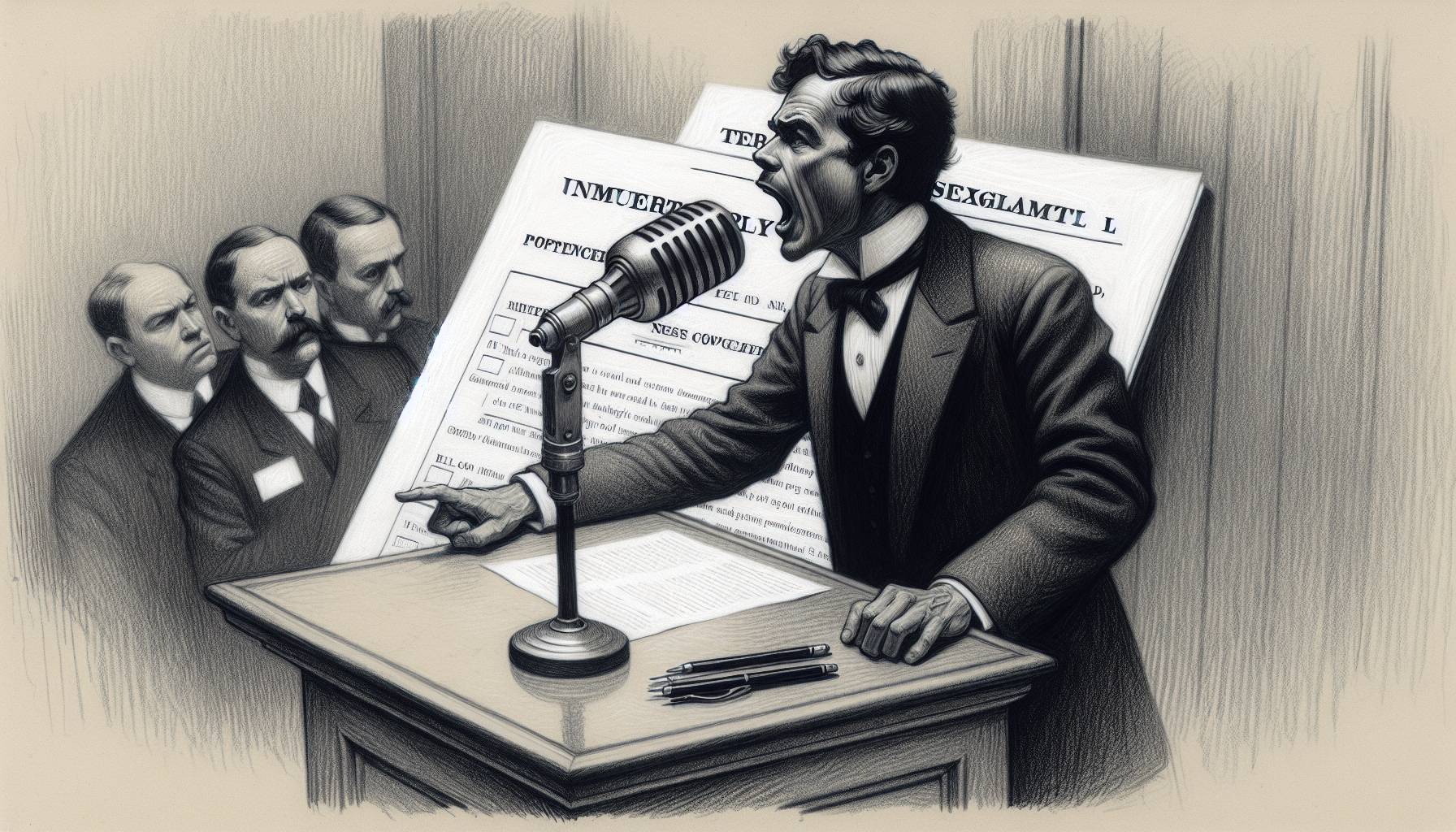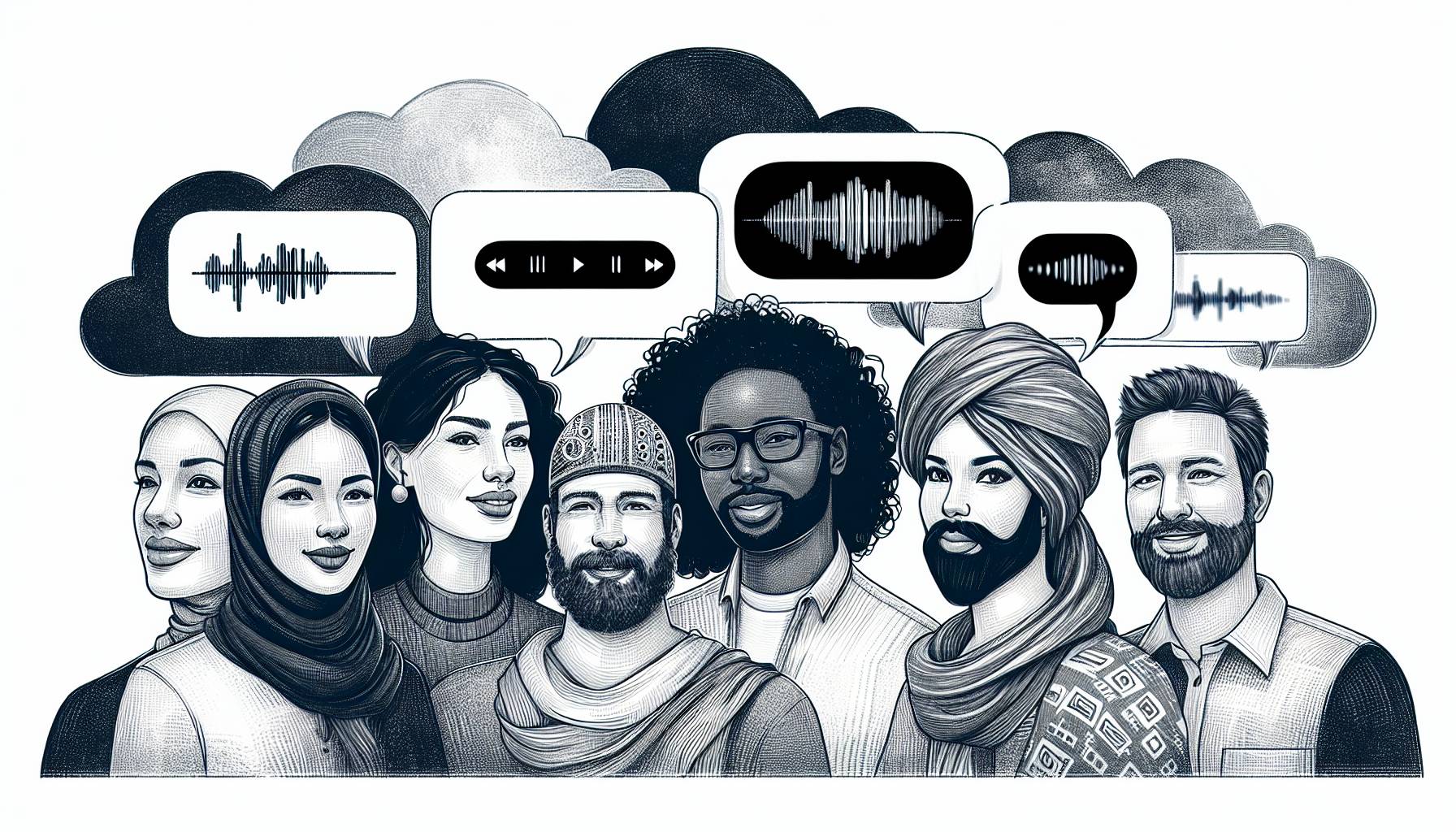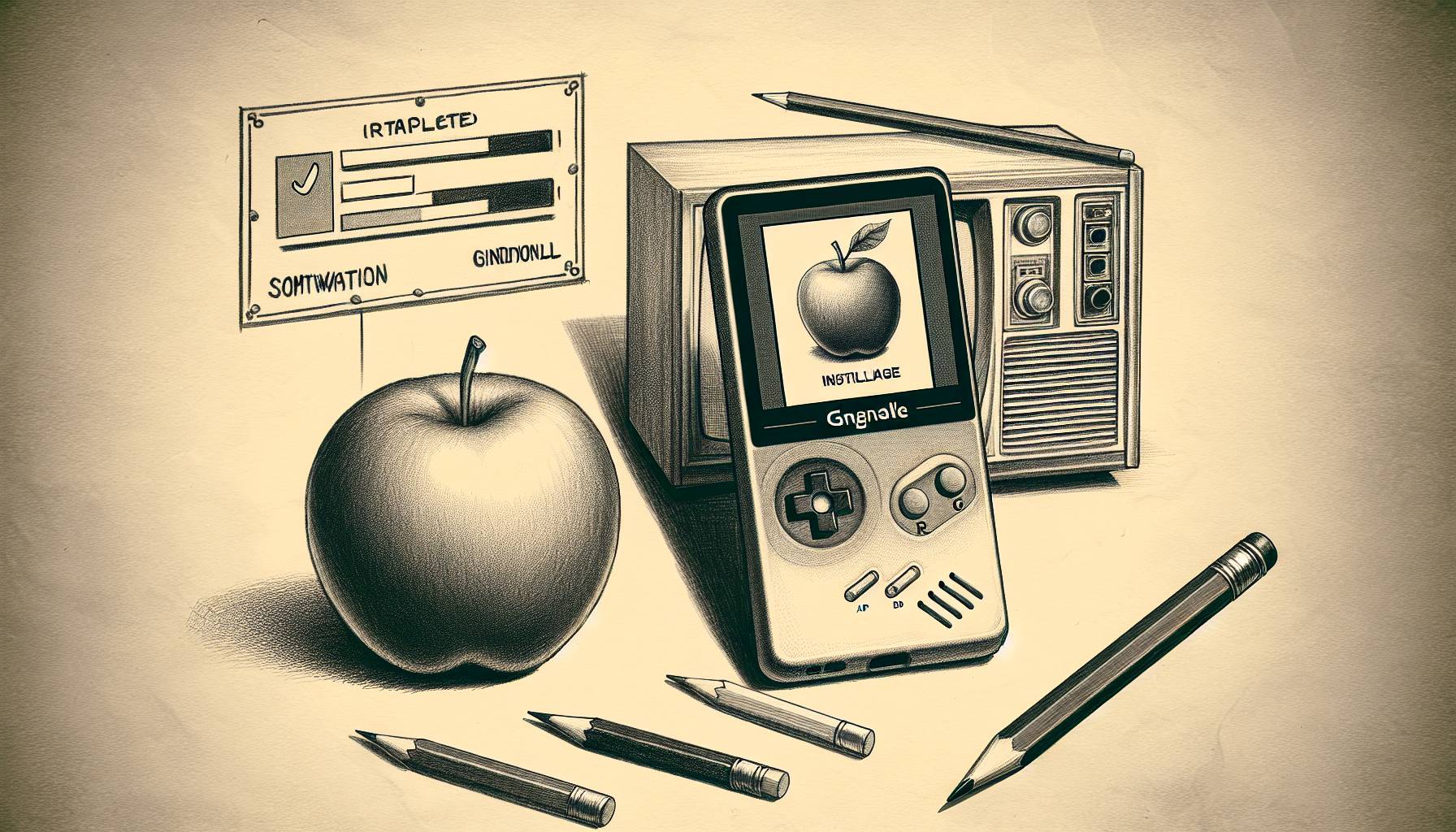There were more people out buying, and they were spending more freely over the Black Friday weekend. Some 212 million people went shopping over the weekend, up from 195 million last year. And they spent $45 billion, up from just over $41 billion spent last year, according to the National Retail Federation.
Now comes Cyber Monday, the first day back from work after Turkey Day, when people have been looking for bargains, free shipping and other deals on their smartphones as well as computers to frost the shopping cake.
BIGresearch estimates that 106.9 million Americans planned to shop on Cyber Monday this year, up from an estimated 96.5 million who shopped on Cyber Monday 2009. ComScore estimates that sales will soar past $900 million and could reach the $1 billion mark for the first time, reports Karen Talley at Dow Jones Newswires.
Verizon Wireless actually owned Cyber Monday, or at least the Twitter Promoted Trend of “#CyberMonday.” Verizon (VZ) is hawking 24 days of “seasonal suprises.” This follows on Target’s (TGT) Promoted Trend of “#BlackFriday.”
Leena Rao in TechCrunch notes: “It’s unclear how much Verizon or Target spent on the Promoted Trend, but it’s certainly a compelling way to publicize deals during the holiday shopping rush when users are looking online for deals and discounts. And the form of advertising is becoming a visible source of revenue for Twitter as well-known brands flock to buy Promoted Trends.
Amazon.com (AMZN) is doing its bit, too, with a price comparison app, which enables consumers to comparison shop by saying a product name, scanning a barcode or taking a photo. You can even run an old-fashioned search by typing in a product name.
Direct Marketing News reports that the app culls prices from Amazon’s inventory, plus “tens of thousands of merchants” that sell on the Amazon platform, according to Stacey Keller, PR manager at Amazon.com. After comparing prices on the app, consumers can purchase an item with one click.
Pattie Freeman Evans, VP and research director at Forrester Research, said Amazon.com’s decision to include outside merchant listings reflects the company’s marketing strategy: to be a ubiquitous shopping destination for consumers.
Meanwhile, app-happy tablets and smartphones appear to be cutting into demand for PCs.
Gartner downsized its estimates for PCs because of the tab boom.
Gartner projected in September a 17.9 percent growth for PCs in 2010. Now, it is estimating there will be a 14.3 percent growth in PCs.
Gartner stopped short of declaring an inflexion point, but does see major disruption.
“PC market growth will be impacted by devices that enable better on-the-go content consumption such as media tablets and next-generation smartphones,” said Raphael Vasquez, research analyst at Gartner.




